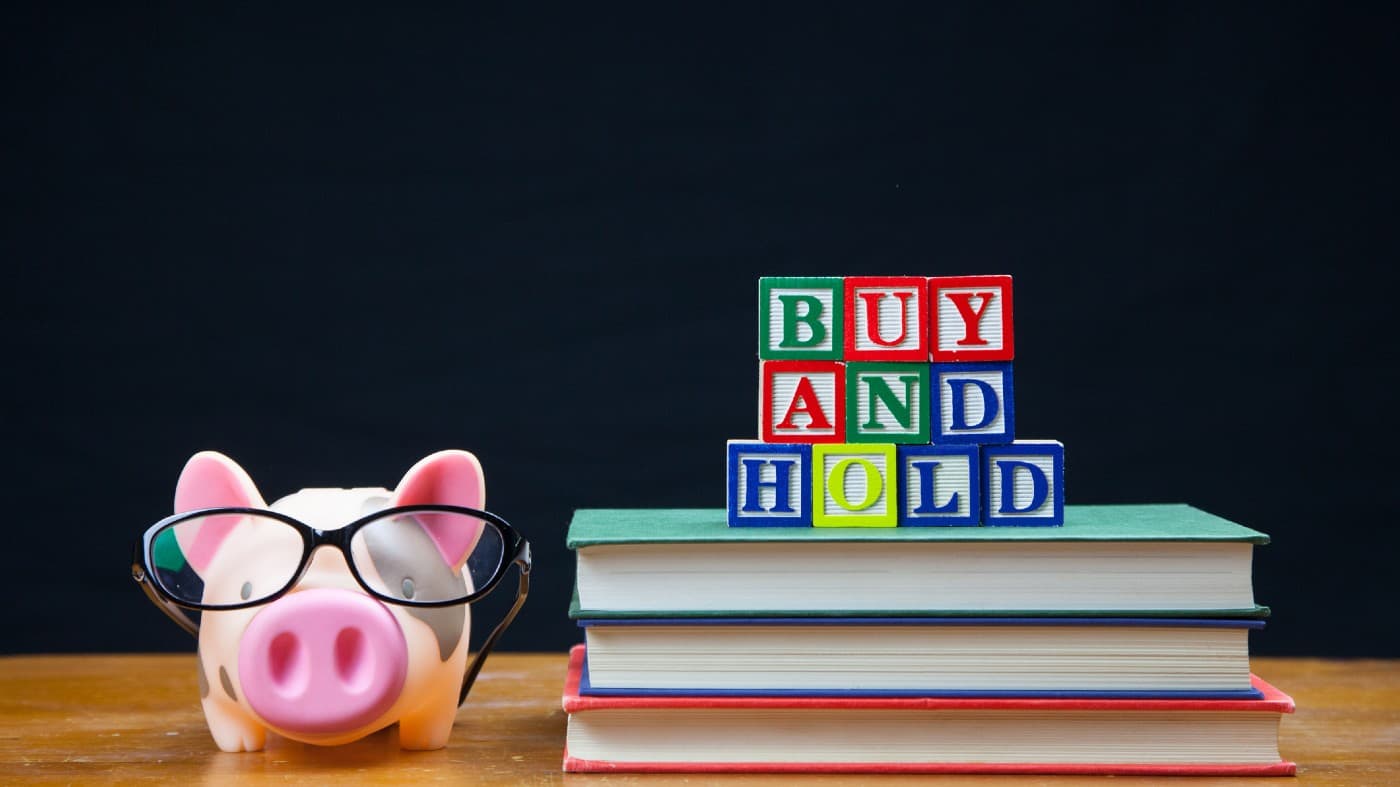Stay informed with free updates
Simply sign up to the Russian politics myFT Digest — delivered directly to your inbox.
In December 2003, Russia held parliamentary elections and Vladimir Putin’s United Russia party plastered Moscow with campaign posters. They displayed the national flag, a bear, the slogan “a strong Russia is a united Russia” and a map depicting 145 figures from Russian history — one, it was said, for every million of the country’s population.
This week, on the 25th anniversary of Putin’s first presidential victory, neither Russians nor westerners can say they were not forewarned. For the map told a version of history close to the former KGB agent’s heart: Russia is strong when the state is strong; it is a messianic great power with unique qualities; and the precondition of greatness is that domestic opponents and subversive foreigners must be neutralised to keep Russia united behind its leader.
The posters showed Alexander Nevsky, a medieval warrior prince now celebrated in state-sponsored historical theme parks across the country for resisting western aggressors. They showed Peter the Great, the tsar who expanded Russia’s frontiers and strengthened the state. They even showed Joseph Stalin — not a Russian, but a Georgian tyrant esteemed in the Putin era for annihilating invaders and ensuring the Soviet Union was feared and respected abroad.
Putin has not yet achieved his fundamental war aims in Ukraine — the reduction of Ukrainian independence to a cipher, and the discrediting of a Ukrainian identity distinct from that of Russia. Courtesy of Donald Trump, he may do so. But we should also consider what that might mean for the Russian people, and for the liberties they are denied now and have enjoyed only in brief spurts down the centuries.
If talks with the US produce an outcome that Putin can portray as a victory in Ukraine, it would deal a blow to Russians who hope for less political repression and a less militarised atmosphere in public life. Only a minority oppose the war. Many more support it, and still others have kept their heads down to avoid trouble with the authorities. But all know Putin would interpret a triumph in Ukraine as a vindication of his authoritarian rule.
Putin might even recall Catherine the Great’s comment on autocracy: “Any other form of government would be not merely harmful, but utterly ruinous for Russia.” But the 18th-century empress is not among Putin’s favourite historical personalities. She corresponded with Voltaire, the French philosopher. Putin chats with Tucker Carlson.
Repression under Putin is not at the levels of Stalin’s dictatorship, when millions were in labour camps. Independent Russian and western specialists estimate there are at least 1,500 political prisoners. But for every Galina Starovoitova, Boris Nemtsov and Alexei Navalny, who paid with their lives for opposing Putin, there are numerous less well-known persecuted Russians.
Old and young alike fall into Putin’s net. This month, a military court sentenced Soviet-era dissident Alexander Skobov, 67, to 16 years in a maximum-security prison for criticising the attack on Ukraine. In November, Arseny Turbin, who was only 15 when arrested in 2023 for opposing the war, lost an appeal against a five-year jail term.
The crackdown on dissent blends with Putin’s sense of imperial mission in Ukraine. Zbigniew Brzezinski, a former US national security adviser, once observed: “Without Ukraine, Russia ceases to be an empire, but with Ukraine suborned and then subordinated, Russia automatically becomes an empire.” It was a valuable insight, but the implications for internal conditions are even more profound.
To achieve glory, Russia’s empire builders have invariably felt it necessary to subjugate society to the state and hound nonconformists branded as threats to national unity. This was true of Ivan the Terrible, a fearsome tsar who conquered the khanates of Kazan and Astrakhan, paving the way for Russian expansion towards the Caspian Sea and Siberia. Four centuries later, Stalin built a de facto empire in eastern Europe while imitating the despotism of Ivan, whom he greatly admired.
Now the same pattern is unfolding in Putin’s Russia. In his eyes, liberalisation at home — as under Mikhail Gorbachev and Boris Yeltsin — went hand in hand with the loss of empire and degradation of Moscow’s standing in the world. Conversely, domestic repression gives him a free hand to pursue mastery over Ukraine and even a restored sphere of influence in eastern Europe.
Victory in the war would therefore delay the next turn in the cycle of Russian history, according to which repression and at least partial freedom follow each other like changes in the seasons. Vladimir Lenin’s Red Terror gave way to the New Economic Policy. Then came Stalin, and after him the thaw under Nikita Khrushchev. Conditions tightened under Leonid Brezhnev and his successors, but Gorbachev and Yeltsin changed all that. Now we have Putin.
Is it conceivable that the next Kremlin leader will form part of this pattern, liberalising at home while pursuing a less bellicose foreign policy? To a large extent, the answer depends on the war’s outcome. If Putin’s successor inherits control of Ukraine with an expanded area of influence in Europe, and wants to keep it that way, then the turn of the cycle towards domestic reform may be delayed even longer. The lesson of Russia’s past, and of Putin’s rule, is that an imperial mentality is incompatible with freedom for the Russian people.
tony.barber@ft.com
Credit: Source link














